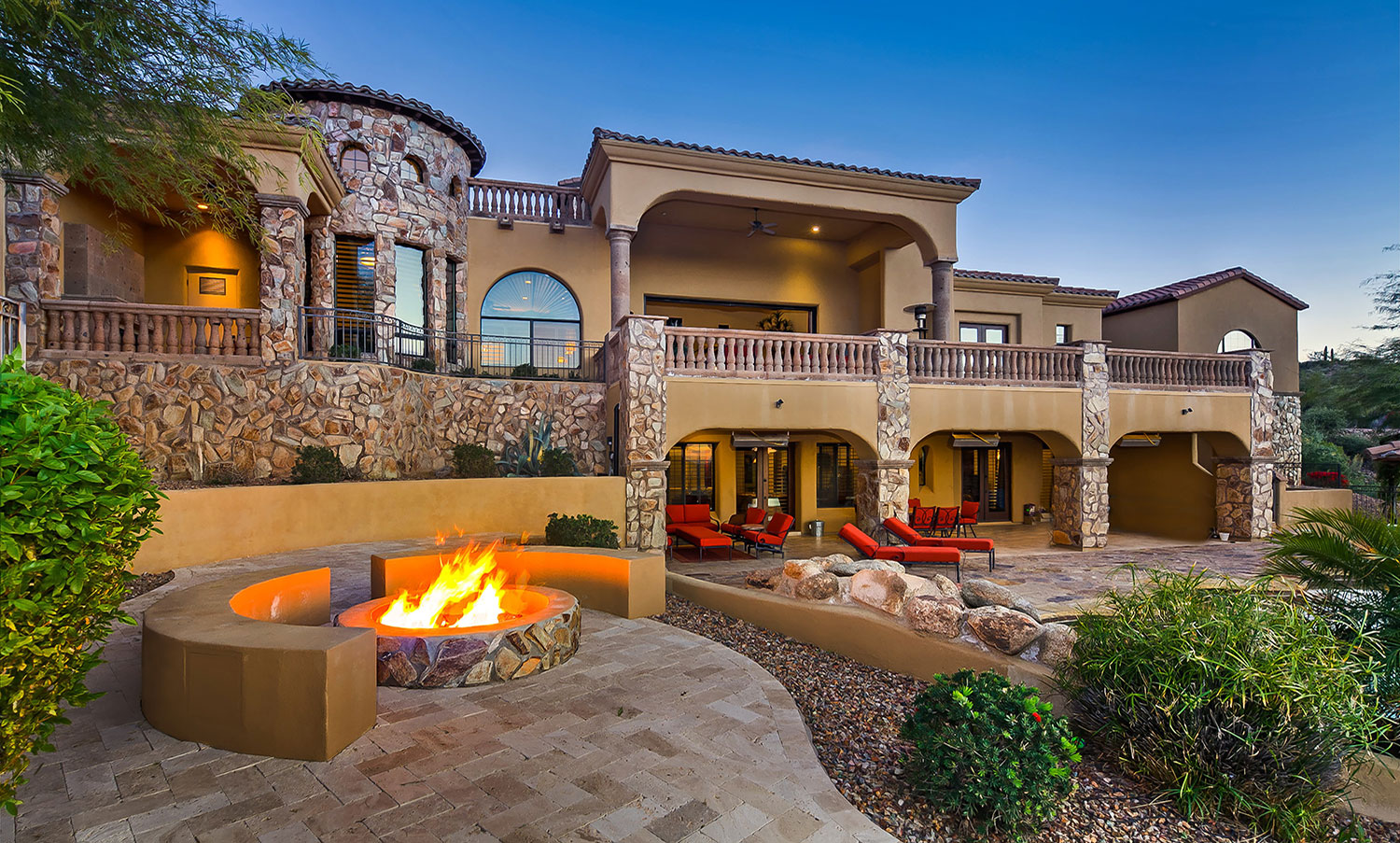Concerns over the spread of COVID-19 have been impacting the real estate industry, like everywhere else, and have left agents and brokers with a myriad of questions – especially when it comes to showing properties and hosting open houses. At The Malakai Sparks Group, we are trying to keep everyone informed regarding how the new world we’re living in impacts home buyers, sellers and agents, our biggest priority being to make sure we take every precaution to ensure your safety and that of your loved ones.
In what is sure to be a win-win for looky-loos and nosy neighbors, open houses are now permitted across California, though select health and safety measures remain in place. The California Department of Public Health (CDPH) updated its guidance for the real estate industry on May 12, effective immediately, allowing open houses on a walk-in basis to recommence. These face-to-face gatherings must adhere to capacity limits based on the state’s color-coded tier system; according to the current yellow tier (also referred to as tier four), indoor gatherings must be limited to 50-percent capacity or 50 people, whichever is fewer.
Furthermore, physical distancing between households is required, along with face coverings, and it is recommended that hand sanitizer is made available to attendees. The guidance also states that individuals who are not feeling well or exhibiting COVID-19 symptoms are not permitted to attend open houses.
To keep realtors like we here at The Malakai Sparks Group updated on the latest recommendations, the California Association of Realtors (CAR) published a quick guide for open house and showing regulations; as it stands, the advertising of open houses is permissible and while appointments are not required, all attendees must sign in and attest that they haven’t been recently exposed to an individual with coronavirus (and that they do not exhibit any COVID-esque symptoms).
Rules for entry must be posted at the entrance of every property, and properties need to be cleaned once a day in accordance with CDC guidelines. Doors and windows are also to be kept open when possible to minimize surface contact and ensure proper air circulation. Finally, in its guide, CAR noted that realtors should verify the local showing rules for their city or county before conducting open houses.

Understanding How We Got to the “New Normal”
It’s a phrase we’ve all heard thrown around since the advent of this pandemic – can you believe it’s been a year already? – and it’s something many Americans are having a very difficult time accepting, especially considering that half the country doesn’t know what to make of the mixed signals that are coming from our government and leading health officials. But regardless of where you stand and what you believe, there’s no denying that we’re living in what can only be described as a different kind of normal…one that has suddenly masked all our fellow human beings and created a controversy that’s become so polarizing, it borders on exhibiting widespread animosity not seen in the U.S. since the Civil War.
How did we get here? What lies ahead for us as a community of people? How did the real estate sector get affected by all this? Before COVID-19 changed the way realtors conduct business, we would have been among the first agencies to say that Sunday open houses were primarily a promotional tool for agents; public open houses created the opportunity to meet our future buyers or sellers, but, moreover, the open house period provided a clear time frame and set the stage for multiple offers. Devoid of this structure, selling periods have been compacted into mere days – what’s more, open houses created demand and urgency, ultimately validating a buyer’s selection. Without them, buyers are, for all intents and purposes, committing to a purchase in a vacuum, and that’s a far more frightening proposition.
The unavoidable truth is that coronavirus has forced and accelerated change across industries with regard to work practices, what with a majority of the work force operating from home and sectors that once involved close face-to-face communication – restaurants, social gathering spots and, yes, real estate – forced to reimagine the way business is done. Prior to the lockdown restriction rollbacks, realtors across the country were showing listings by appointment only, and this meant that agents could deal with prospective buyers who were generally serious, qualified and ready to buy; for sellers, this translated to fewer but higher-quality showings and less non-vetted traffic through their homes.
Indeed, while more efficient, this marked a significant change in the marketplace, one we all felt here at The Malakai Sparks Group.

The Paradigm Shift
You see, open houses prior to COVID were more than just places where the curious could spend their afternoon perusing sprawling properties – they represented spots where people considering buying or selling real estate could meet agents specializing in their neighborhood, and where agents themselves could meet prospective future clients. Now, more than ever, buyers and sellers of real estate are searching online to locate their agent as opposed to meeting them face-to-face first.
It has therefore become imperative for agents across the board to embrace technology and digital advertising/marketing, because it has become an absolute necessity in this new normal. Real estate, like all industries, has and will continue to adapt to this new way of operating, and The Malakai Sparks Group is already emerging in a more effective and efficient position than ever before.
Worry Not…
For those of you who refuse to view a prospective home in any fashion other than a tried-and-true open house walkthrough, don’t fret – open houses are too vital to ever go the way of the dinosaurs. Seeing a space in person is still essential to deciding if you want to spend a copious amount of money to own it, and even the best virtual tours do a second-rate job at conveying how rooms connect and can’t possibly convey vital tangible aspects like scents, noises and temperatures.
Perhaps most importantly, open houses educate – indeed, many folks may not realize that they can buy right now or what the intrinsic value of their own home is, and this education usually occurs only when an agent is face-to-face with them at an open house.
For everything there is to know about the current state of open houses in California, get in touch with a Malakai Sparks Group representative today.





